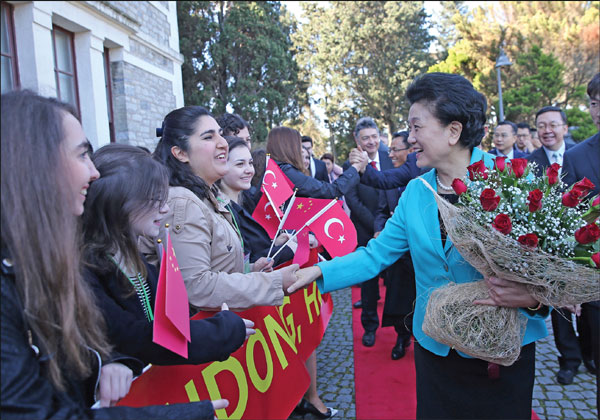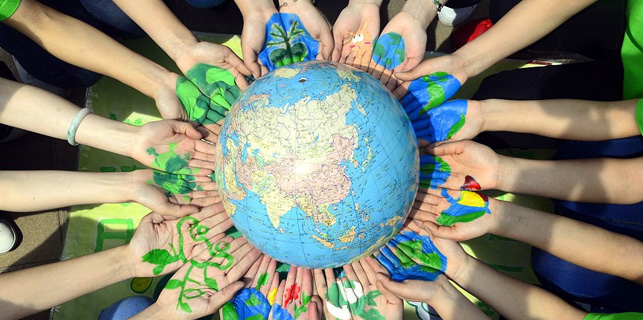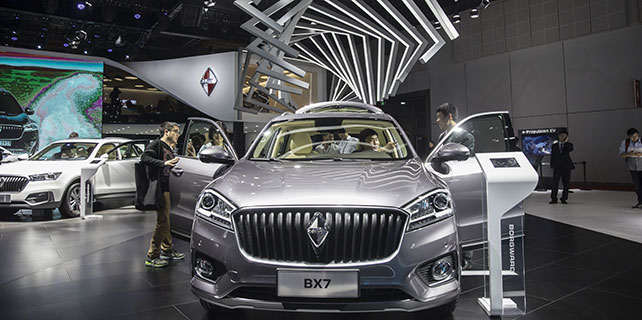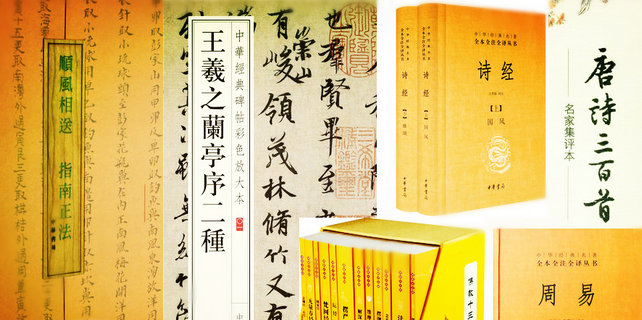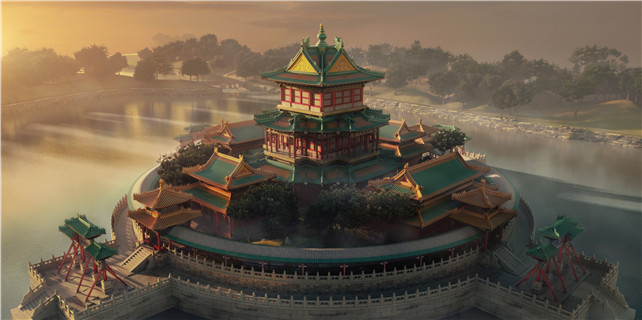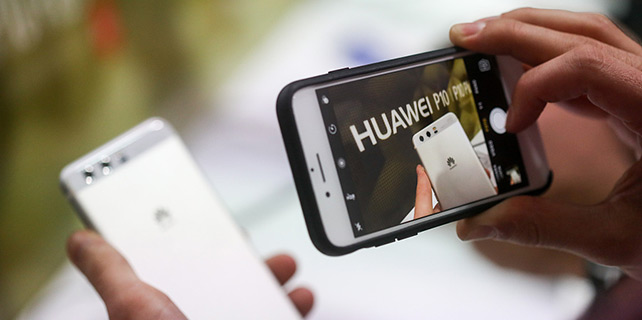A high point for ties




China and South Africa's relationship will reach new heights when Chinese Vice-Premier Liu Yandong makes an official visit to the country this month.
A major part of Liu's visit to the southernmost tip of the African continent is to launch the China-South Africa High-Level People-to-People and Cultural Exchanges Mechanism, which will be co-hosted with Nathi Mthethwa, South Africa's minister of arts and culture.
This mechanism, the first of its kind between China and African countries, covers cooperation in a wide range of areas such as education, culture, science and technology, health, youth, women, media, think tanks, tourism, sports and local friendship.
Speaking at a regular news conference, Foreign Ministry spokesman Geng Shuang said Liu's visit to South Africa is seen as an important part of the consensus reached by the two heads of state.
|
CHINESE VICE-PREMIER Liu Yandong at Bogazici University in Istanbul on April 19. She is expected to arrive in Johannesburg on April 23. Isa Terli / Getty Images |
"This mechanism is of high significance aswe build up popular support for China-South Africa friendship, deepen our comprehensive strategic partnership and expand people-to-people and cultural exchanges and cooperation between China and Africa," Geng said.
During the visit, Liu will also meet with South African President Jacob Zuma and attend the China-Africa Conference on Health Cooperation, the China-South Africa seminar on industrial park cooperation, the China-South Africa High-Level Dialogue and the closing ceremony of the second China-Africa Youth Gala.
South Africa is the last stop during her four-nation tour, which also was to take her to Turkey, Jordan and Iran. In Turkey, Liu conveyed President Xi Jinping's greetings to President Recep Tayyip Erdogan and congratulated him on the passage of Turkey's constitutional referendum.
With the backing of Xi and Zuma, the comprehensive strategic partnership between China and South Africa has been growing.
Foremost, the visit of Liu to South Africa is important because the solid foundation of Africa-China engagements is cemented by mutual high-level visits, says Bob Wekesa, post-doctoral fellow at the University of the Witwatersr in Johannesburg.
The cultural exchanges mechanism launched during the visit builds on the existing engagements and will likely see to the implementation of tangible and pragmatic projects at the economic, political and social levels, says Wekesa.
"Without exchanges, the engagements would be limited to high-level relations, and this would not aid the benefits that arise when academics, businesspeople and ordinary Africans and Chinese people make contact with, and learn from, each other."
"The exchange mechanism launched during the visit will indeed spur the implementation of the people-to-people initiatives," says Wekesa.
In September 2015, Zuma attended the Commemoration of the 70th anniversary of the victory of the Chinese People's War of Resistance Against Japanese Aggression (1937-45) and the World War II in Beijing.
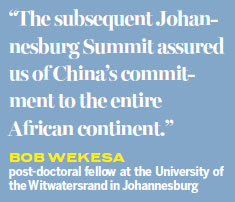
This was closely followed by a state visit from Xi to South Africa in December 2015, during which the China-South Africa 5-10 Year Framework on Cooperation was signed.
Xi and Zuma co-chaired the Johannesburg Summit, which came as the Forum on China-Africa Cooperation marked the 15th anniversary of its establishment and is the first summit between the two sides on the African continent.
The historic meeting, which approved a declaration and an action plan for cooperation in the coming three years, has strengthened solidarity and cooperation between China and Africa. The upcoming China-South Africa High-Level People-to-People and Cultural Exchanges Mechanism is a concrete example of implementing the outcomes of the FOCAC.
South African Deputy President Cyril Ramaphosa says the two countries are enjoying strong growth momentum, with deals worth more than 94 billion rand ($7.1 billion; 6.6 billion euros; £5.5 billion) signed during Xi's visit - making it the most successful state visit in South African history.
"The subsequent Johannesburg Summit assured us of China's commitment not only to South Africa, but to the entire African continent," he says.
"The outcomes of these two events are changing the lives of our people, not only in South Africa but also on the African continent, and are offering new opportunities for growth and development at a number of levels, but more especially at an economic level," Ramaphosa adds.
Trade between the two countries grew from 118 billion rand to 293 billion rand by the end of 2015, making China the biggest trading partner of South Africa.
More than 300 Chinese companies are in South Africa, and among them, about 140 are large and medium-sized companies, according to a report by the South Africa-China Economic and Trade Association.
The report says the Chinese enterprises employed more than 26,000 people in South Africa, of whom 24,000 were locals, and Chinese investment in South Africa exceeded $13 billion by the end of 2015.
(China Daily Africa Weekly 04/21/2017 page1)



